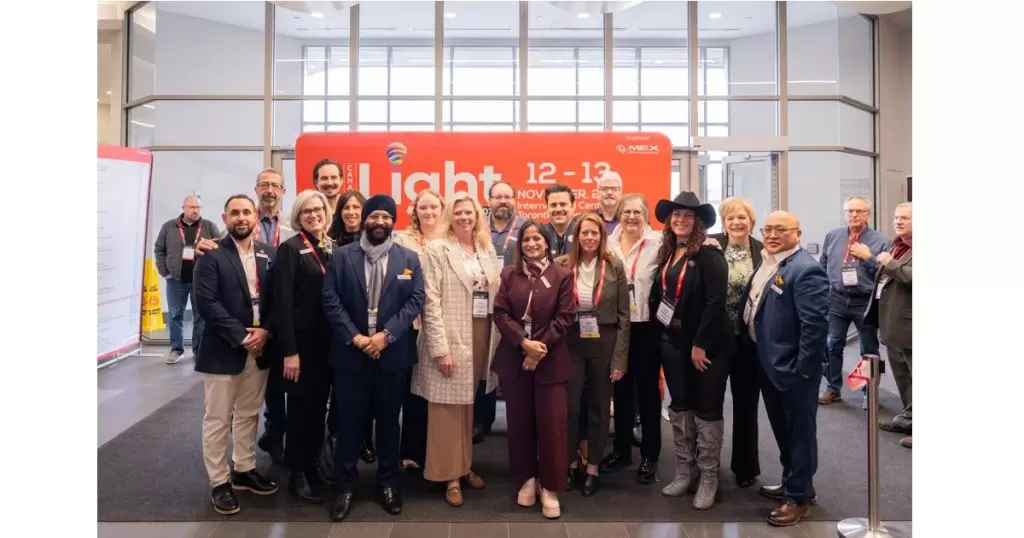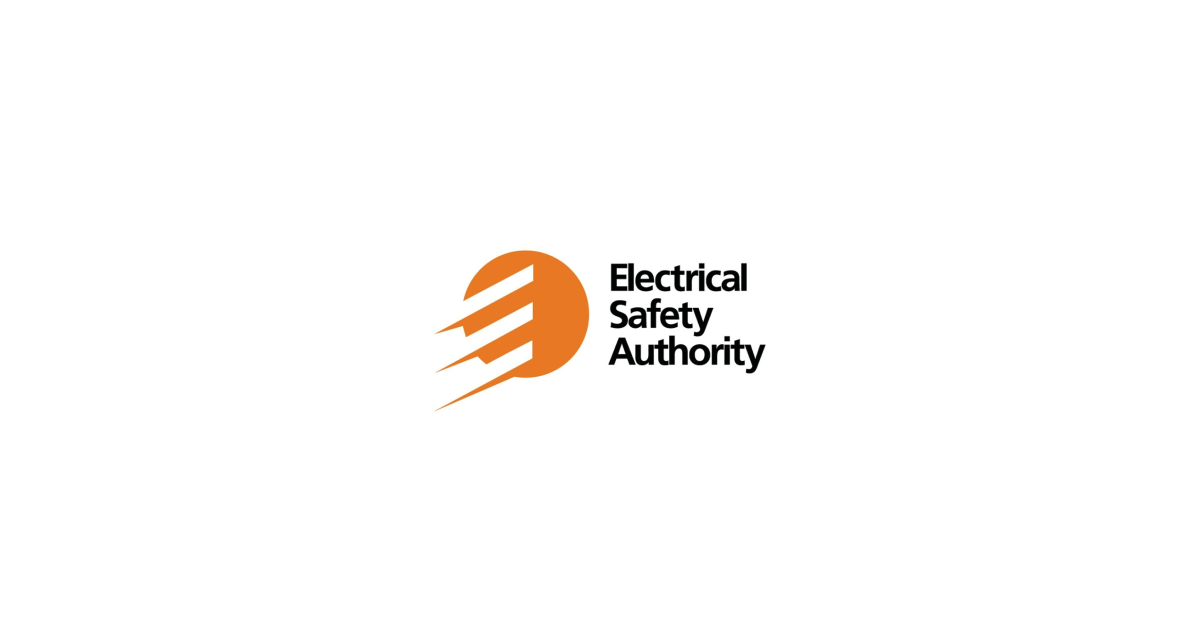Multiple Generations in the Workforce

“Managing multigenerational workforces is an art in itself. Young workers want to make a quick impact, the middle generation needs to believe in the mission, and older employees don’t like ambivalence. Your move.”
Harvard Business School “Working Knowledge” Newsletter – April 17, 2006: “Can you manage different generations?”
This month we look at some of the characteristics commonly attributed to each generation in the workforce, and what that may mean for employers and their human resources strategies.
You may recognize yourself easily, or you may feel that you actually fit into a different era. That could be because you were born on either side of the range by just a couple of years, or perhaps your personal experiences impacted on how you view the world. Generations are generally defined by their shared experiences as they grow up, which in turn helps shape their attitudes and traits.
Traditionalists, sometimes called Veterans, were born between 1900 and 1945—and yes there are still some working in the Canadian electricity industry. Traits include loyalty, a strong work ethic, and the tendency to use a “command and control” type of leadership model.
Baby Boomers, born 1946 – 1964: baby boomers represent the largest group in the workforce and as we know will have a huge impact on the electricity industry as they retire. Credited with a strong work ethic,they are extremely loyal to the job. For this group the expectation is that hard work will be rewarded, and they like workplace communications to take place face to face, andto have clearly defined roles and expectations.
However, many boomers are facing the challenge of aging parents, and younger boomers still have kids in college (or living in their basement). As many transition to retirement there is a great opportunity to look at your HR policies and review how you can transfer their knowledge and expertise to new or advancing employees.
Generation X, born 1965 – 1980: this is the generation that feels like they got the hard end of the stick. This group was the first of the latchkey kids as mothers went back to working fulltime, and they also saw divorce rates rise, world recessionsand layoffs in many companies. Many saw their parents lose their jobs after decades of loyalty to one company. This has impacted their view of the corporate workplace, and while they still work hard they introduced the “work/life balance” concept — they are attracted to flexible work schedules that will allow them to spend more time with their family, even if it means less money. They are more cynical than their predecessors and often feel sandwiched between having to take care of aging parents and managing young children simultaneously. Health benefits and a good vacation package are important. Many feel that the boomer generation needs to move on and allow them to advance in their careers. Independent, practical and confident, they are good candidates for senior management positions. From an HR perspective, developing formal mentoring programs for this group is a useful tool to support their progression to more senior roles.
Generation Y, born 1981 – 1999: also called Echo or Millennials, this group — thrice the size of Generation X — shows a combination of Baby Boomer and Generation X qualities. Work is important but they want it to be meaningful, and they expect the companies they work for to lead by example. Work/life balance and the ability to work where and when they prefer are important considerations, and they view technology as an indispensable part of both their work and private lives. They want their employer or manager to act as a mentor, to support them and provide continuous feedback, and more than any other generation will move on quickly if they don’t feel that they have this type of support. For many, communication is preferred through a mobile screen, and they may lack the social skills still preferred by both the Baby Boomer and Generation X cohorts.
I discussed this with some of my staff members who fall into this category, and while they agreed that a lot of the generalizations have some validity, one comment was that “It’s not that they’re lacking in social skills, it’s that those social skills are changing. For them having their head stuck in the phone or iPads when they’re out socially together is not rude. Nobody feels slighted.”Apparently even breaking up online is the new norm.Butthis generation is innovative and technologically savvy. They are socially and environmentally conscious, and more accepting of others’ differences in race, gender, sexual orientation and ethnicity.
To support this group in the workplace, help them to understand the value of balancing screen time with face time, and building communication skills to be effective in their work. Provide them with an opportunity to engage with more experienced staff, and show them how their role contributes to company success, as well as wider society. And use their ability with technology to support and train others in the organizationwho may not be so technologicallyproficient. It’s a win-win all around.
Generation Z: this is the generation now being born or who are still quite young. Anyone who has teenagers knows they already consider Facebookold fashioned. Now it’s all about instant blogs and instant messaging… the pace of technological change is breathtaking, but for this generation it is a given. Time will tell what other traits emerge…
Going forward
What does this mean for employers?
Understand the generational differences between these groups in your own organization. Understanding the world from each other’s points of view will help with communications, team building,and the success of training and career development programs.This in turn leads to increased recruitment and retention rates as those you employ speak to others about their great working environment, and productivity and moral improvements as employees feel valued and understood.
Fact or fiction: email me your thoughts on this and we’ll include them in a later column.
More from Michelle Branigan:
– Michelle Branigan: Profile
– It’s Not Just the Technical Stuff That’s Important
– Call for Mentors to Support Recruitment and Retention of Women in the Electricity Industry
– Retention: You’ve Hired. Now What Are You Doing to Keep Your Staff?
– What are the Benefits of Effective Coaching?
– Multigenerational Workforces
– Mentoring
Michelle Branigan is CEO, Electricity Human Resources Canada; http://electricityhr.ca.










![Guide to the Canadian Electrical Code, Part 1[i] – A Road Map: Section 52 — Diagnostic imaging installations](https://electricalindustry.ca/wp-content/uploads/2022/11/Guide-CE-Code-2.png)






